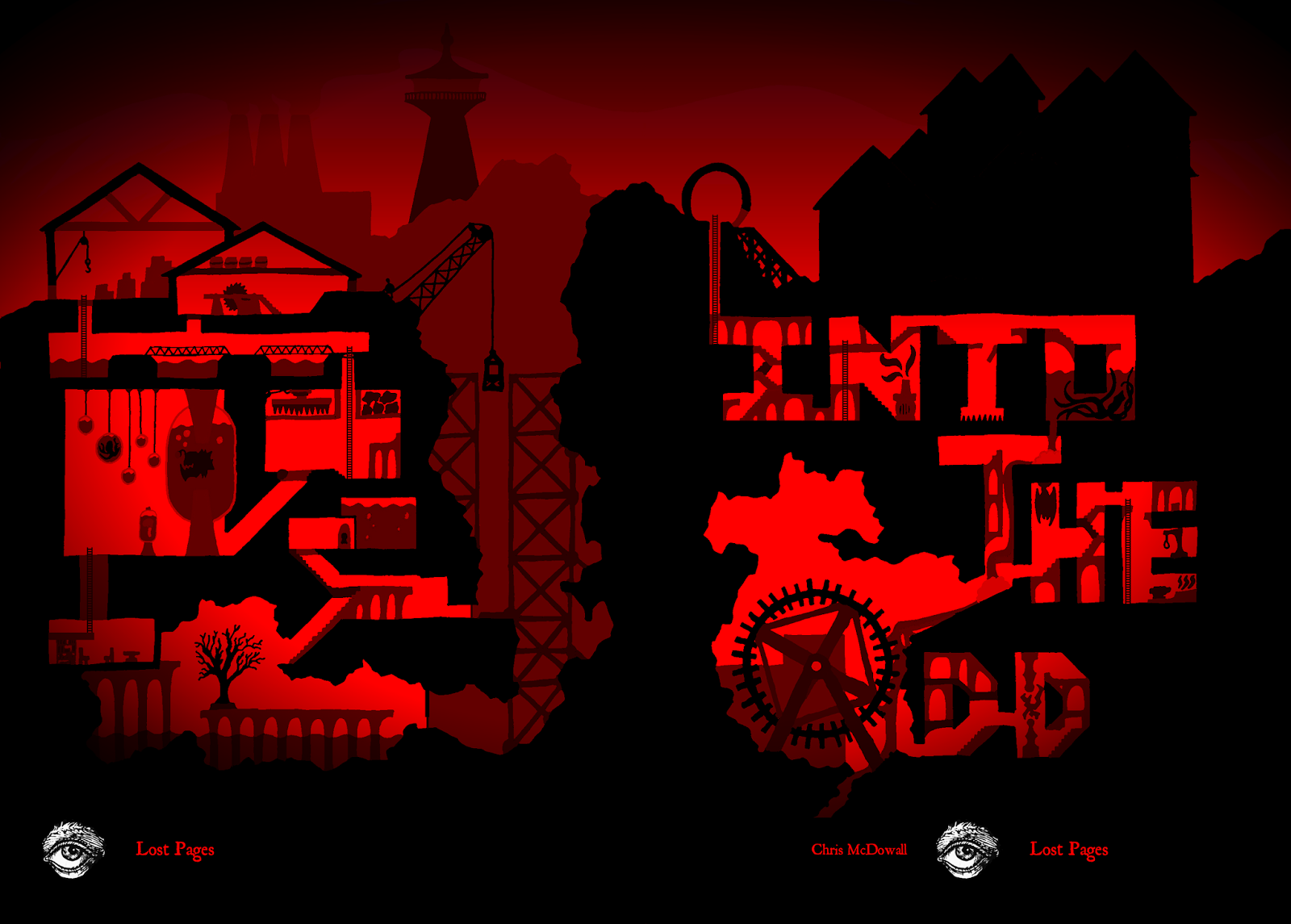This Week’s post hits a touchy subject.
There are essays about this, so I'm not about to add my own to the mix. Instead, just a couple of thoughts that always come to mind when I think of this topic.
Nothing spicy, just my own experiences.
I've played miniature wargames since I was a kid, and a few years ago I dipped into Bolt Action.
Some weapons use a blast template, like you got in the old Games Workshop games. You place the cardboard circle over the enemies you're shooting at to see how many get caught in the explosion.
The book has some templates in the back, but I didn't have them prepared ahead of my first game, so we just eyeballed it with a tape measure.
The next time I was playing with a friend who was new to miniature wargames. I wanted to avoid the fuzzy measuring I'd used in my previous game, so I decided to use a variant rule where you just roll a die to see how many miniatures are hit by a blast weapon. This is already how the game works when the targets are inside a building, so the numbers were already waiting to go.
Now perhaps I just have the brain of a lab rat, but in the first game I made sure I kept my individual soldiers as spread out as possible to avoid the blasts, and in the second game I kept them packed tight together because I didn't need to worry about that and thought it looked cooler.
Is Bolt Action, played with the blast templates, a game about intricate unit cohesion and maintaining the most effective formation? Well, not really, but it certainly made me spend a few seconds thinking about it each time I moved a unit, and it quite drastically affected how our board looked during play.
This sounds obvious, right? Acting within certain constraints to try to win is basically just... why games have rules.
My second example is Traveller, which I've been running as an almost year long campaign now.
So much has been said about the economy of Traveller, and why it works as a catalyst for space adventures. My campaign has been quite different.
The players got absurdly lucky during the lifepath character creation and wound up with a refitted cruise liner, a chunk of its mortgage already paid off, and good amount of cash to fund their first few trades. The rules for shipping freight (as opposed to speculative trading) were generous enough that they could reliably hit their mortgage payment each month through honest work.
Of course, players are players, so money became an issue later on, mostly through problems of their own making. Less like desperate traders struggling against a system that's stacked against them, more like lottery winners squandering their winnings until they nearly bankrupt themselves.
Now this isn't a case where I used a rules variant. This was standard Mongoose Traveller character creation but with very lucky rolls. Still, we can imagine Traveller having quite a different reputation if the rules were adjusted to make this sort of setup more common.
Yet it seems like no amount of starting wealth could stop the players getting into trouble and gambling their wealth on a stupid trade.
Perhaps the competition factor is key here. I'm not a competitive wargamer, but I try to win. My Traveller players were more likely playing to create fun moments at the table.
I guess I buy into the idea the rules can nudge you to do act differently, but there are other more powerful forces at work.
Elsewhere
Goblin Punch has a bunch of weird dungeon merchants. It feels like cheating to link to Arnold’s stuff, but I figure there must be one person out there not already following his blog.
Fail Forward talks about how much to put in a hex and why less can be more.
Knight at the Opera has written a ten-year retrospective of 5e in two parts (with a third part coming soon). I have similarly mixed feelings about the game, so it’s fascinating to read his insights.
Wait, isn’t some other game celebrating its ten year anniversary…?
That’s right, Into the Odd was first released ten years ago. The anniversary was last week, but I missed it.
If you’re somehow following this newsletter but unaware of the game, you can check out the remastered edition here.
Coming Soon
Over on Patreon I talk about some mythic sticks.
Give your Knights something better to whack with.
The Butcher’s Bludgeon
d10 Long
When the wielder Smites, the attack gains both +d12 and Blast.
Cannot Focus.
Expect the full post here and on the blog next week.
Thanks for reading Bastionland Presser! Subscribe for free to receive new posts straight into your inbox.






Happy tin anniversary, Project ODD!
Is there any place one can still acquire the Lost Pages version? I love ItO remastered, but I've heard that the original Iron Coral is cool and different. Can't seem to track it down, though.